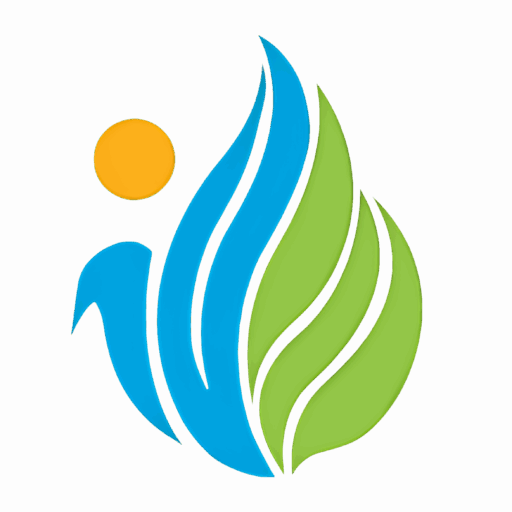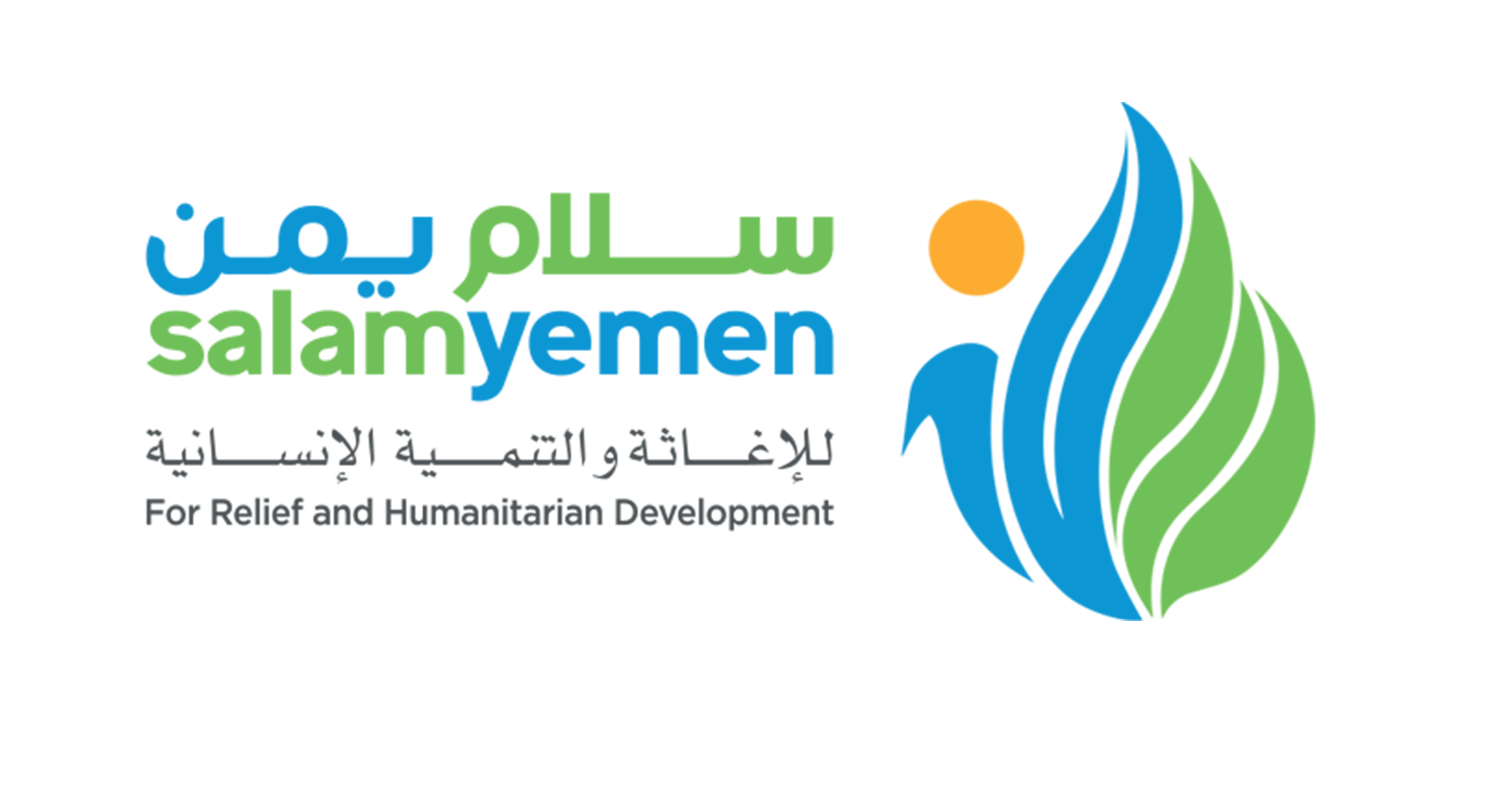Child protection programme
Care and safety
The Salam Yemen Foundation believes that Yemen's children are the seed of the future and our most precious asset. Given the ongoing humanitarian challenges facing Yemen to date, children are exposed to increasing risks that threaten their safety and development. therefore, Our organization places child protection programs at the forefront of its concerns, striving to provide a safe and supportive environment that enables every child to enjoy their basic rights and grow up with care and dignity.
Our specialized child protection programs include:
1. Orphan Sponsorship Program:
- What is the program: The Orphan Sponsorship Program aims to provide comprehensive and sustainable support to children who have lost one or both parents, who are considered among the most vulnerable groups in society.
- Why it matters: Losing a breadwinner leaves a child vulnerable to poverty, lack of education, malnutrition, and exploitation. Sponsorship provides a vital safety net for these children.
- How we do it: Salam Yemen Foundation provides monthly or recurring financial support to foster families or legal guardians, while monitoring the child's health, educational, and psychological conditions. Support includes contributions to food, clothing, shelter, school expenses, and basic healthcare.
- Expected impact: Ensuring that the orphan's basic needs are met, enabling him to continue his education, providing a sense of stability and security, and contributing to his upbringing to be a good and effective member of his community.
2. Sponsorship Program for Children with Special Needs:
- What is the program: This program focuses on providing specialized care and support for children with physical, mental, sensory, or developmental disabilities.
- Why it matters: Children with disabilities face multiple challenges in Yemen, including difficulty accessing specialized health, rehabilitation, and educational services, as well as sometimes social discrimination.
- How we do it: The foundation provides financial support to help cover the costs of treatment, rehabilitation sessions (physical, speech, and behavioral therapy), and assistive devices (such as wheelchairs, hearing aids, and prosthetic limbs), in addition to supporting their integration into appropriate educational programs and providing psychological support to them and their families.
- Expected impact: Improving the quality of life for children with special needs, enhancing their capabilities and independence, alleviating the burden on their families, and increasing community awareness of their rights and the importance of their inclusion.
3. Psychosocial Support Program for Children:
- What is the program: It aims to help children cope with the psychological and social effects resulting from exposure to conflict, displacement, violence, loss of loved ones, or various traumas.
- Why it matters: The difficult experiences Yemeni children go through can leave deep psychological scars that impact their mental health, behavior, and emotional and social development if not addressed properly.
- How we do it: Through trained psychologists and social workers, we provide individual and group psychological support sessions, play and art therapy activities, relaxation exercises, and life skills and resilience-building programs. This is done in safe and supportive environments, with the involvement of parents and caregivers when needed.
- Expected impact: Helping children express their feelings and process trauma, building positive coping mechanisms, boosting their self-confidence, improving their social relationships, and restoring their sense of security and reassurance.
4. Eid clothing distribution program:
- What is the program? A seasonal initiative that aims to bring joy and happiness to the hearts of orphaned and underprivileged children by providing them with new clothes during Eid al-Fitr and Eid al-Adha.
- Why it's important: Holidays are significant occasions in Yemeni culture. Providing children with new clothes on these occasions enhances their sense of belonging and equality with their peers, protecting them from feeling deprived.
- How we do it: The organization purchases or collects new clothing suitable for all ages and genders, and distributes it to the targeted children before Eid, ensuring it reaches the areas most in need.
- Expected impact: Putting a smile on children's faces. Make them feel cared for and cared for, Enabling them to celebrate Eid with joy like other children, And promoting the values of social solidarity.
5. Child-Friendly and Safe Spaces Program:
- What is the program: Creating and equipping designated and safe places that allow children, Especially those affected by crises, An opportunity to play, learn and express themselves freely under the supervision of trained facilitators.
- Why it's important: Under difficult circumstances, Children are missing out on many safe spaces for play and social interaction necessary for their healthy development. These spaces provide them with an outlet away from the stresses of daily life and the dangers of the surrounding environment.
- How to do it: Prepare designated places (tents, Rooms in community centers or schools) with games, educational and entertainment materials, Drawing and craft tools. Facilitators organize structured activities that include free and guided play, and sports activities, And simple awareness sessions on topics such as hygiene and children's rights, In addition to providing initial psychological support.
- Expected impact: Providing a safe environment that protects children from dangers. Promote their social, emotional and cognitive development, Helping them recover from the effects of trauma, Restore a sense of normalcy, Identifying children who may need additional specialist support.

 then 'Add to home screen'
then 'Add to home screen' then 'Add to home screen'
then 'Add to home screen'